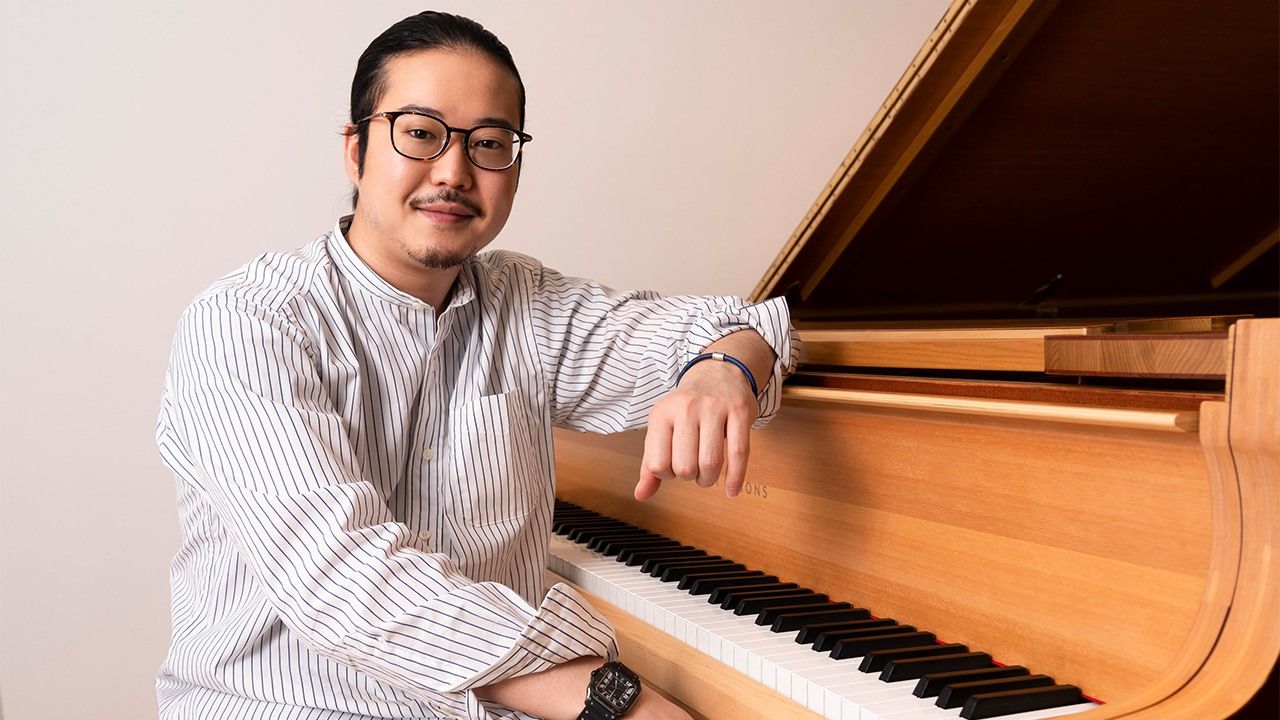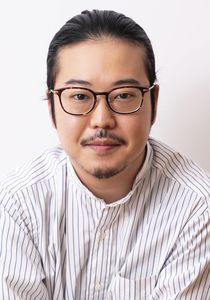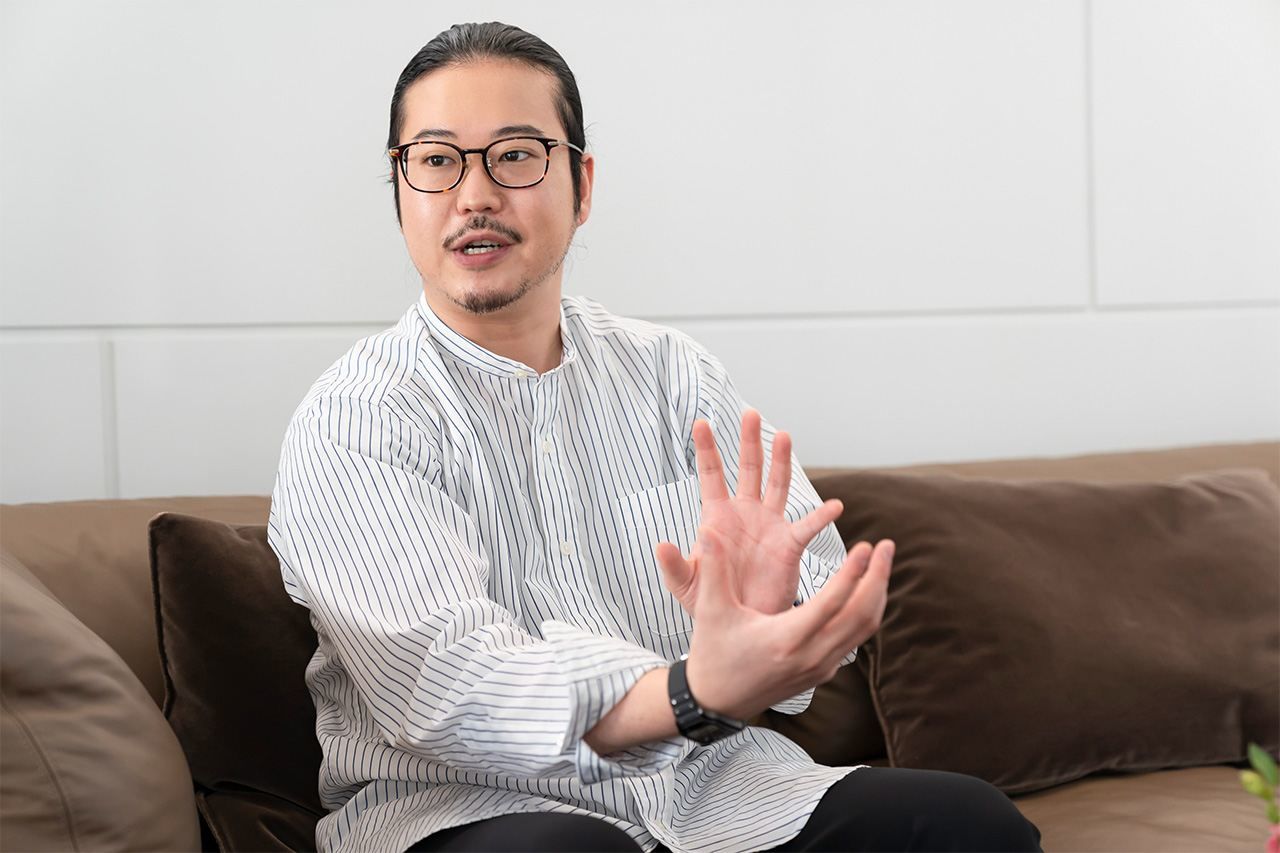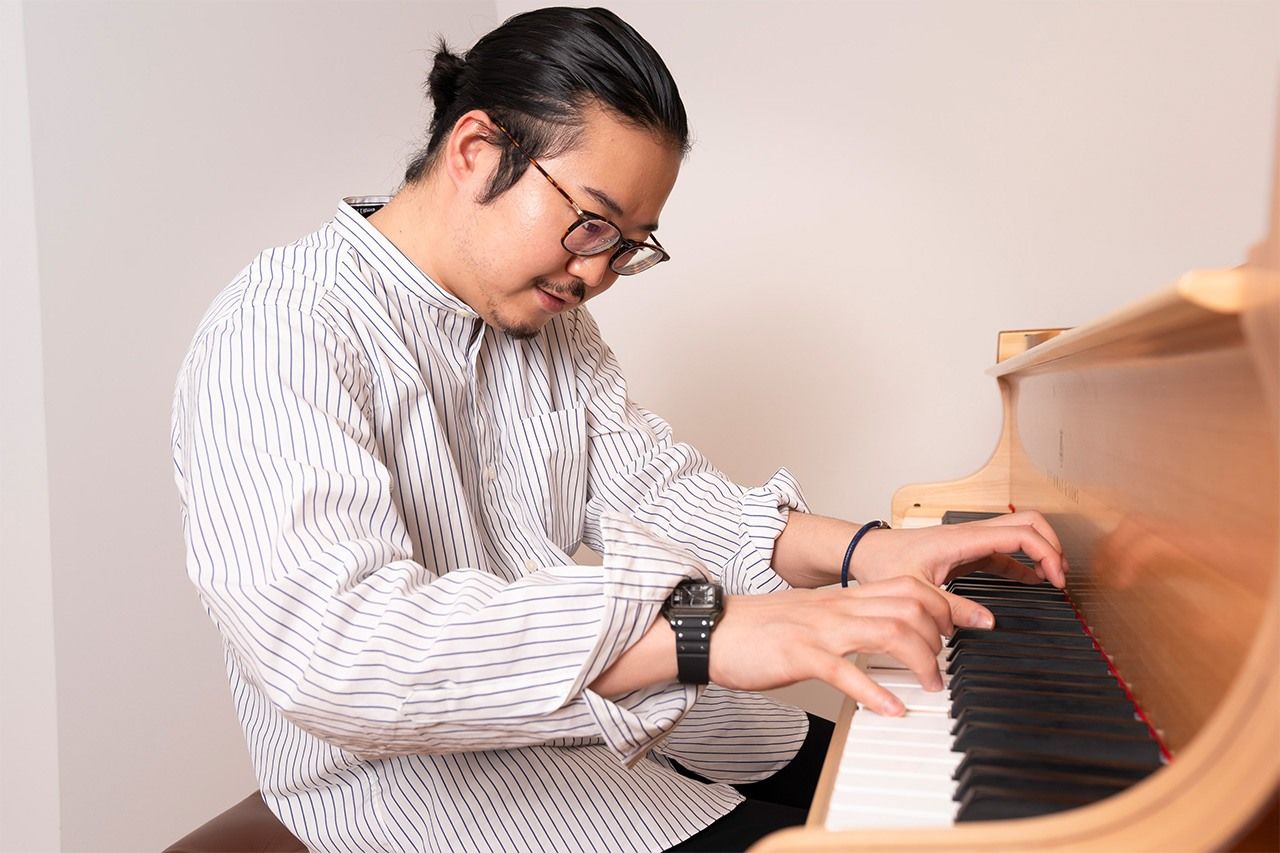
Rising Star Pianist Sorita Kyōhei Looks Back on the Chopin Competition
Culture Entertainment Music- English
- 日本語
- 简体字
- 繁體字
- Français
- Español
- العربية
- Русский
A Childhood Dream Come True
INTERVIEWER When did you first start to think about entering the Chopin Competition?
SORITA KYŌHEI My first encounter with the competition came when I was about twelve, when I saw a documentary about it on TV. It was the first hint I ever had that a world like that even existed. In those days, my big dream was to become a soccer player. I was fascinated by the glamor of star players like Ronaldhinho or David Beckham and the idea that during a World Cup game, tens of millions of people would be watching their every move. When they kicked the ball, it sent waves of excitement around the world. But this documentary showed me that something similar existed in music too. The last notes of a performance faded away, and crowd immediately erupted into rapturous applause. I was amazed by the passion on display. And after a while I started to think that I would like to stand on that stage myself one day.
INTERVIEWER What was in your mind when you actually did apply? You had already built up quite a career for yourself as a professional musician, and tickets for your concerts are famously hard to come by.
SORITA Of course I’m very grateful for the success I’ve had in Japan. It’s nice to be known as a musician whose concerts sell out. But deep down I knew that this was only true in Japan. And although classical music is quite established in Japan now, there is no getting away from the fact that it is primarily a European artform—and that Europe is still home to the biggest stars and orchestras. So I wanted to win recognition there too.
I started to think about how best to achieve this ambition. Of course, there would be opportunities to make appearances as an understudy replacement for other performers, and steadily build up a reputation that way, but I felt the quickest way would be to make a splash in one of the prestigious competitions. It was around 2017 that I started to think about it seriously. I realized that I would need to prepare well in advance for an event like the Chopin Competition, and I decided to go to study in Poland. But in fact I didn’t finally make up my mind until the application deadline was upon me.
Painstaking Preparations
INTERVIEWER The preliminary screening involves a written application and a submission of a recording of the repertoire an applicant intends to play in the first round. In your case, a lot of people apparently only learned you’d entered after the results of this screening were made public.
SORITA I think people were quite surprised when they saw those results. Quite a few people asked me why I was entering. They said surely I didn’t need it this stage in my career, when I had already started to establish myself. But of course that kind of comment creates its own kind of pressure. I felt I couldn’t go all that way and come back empty-handed. I was determined to win a prize after that.
Really, it was a desire to test myself and my abilities that reinforced my determination to enter the competition , , , that, and the desire to play on that stage that had impressed and inspired me so much when I was younger—namely, to play one of Chopin’s two piano concertos that contestants perform in the final round of competition.
Another factor was the other musicians around me. In 2018 I founded a small ensemble with several other young musicians called the MLM double concerto. This expanded to become the MLM National Orchestra in 2019 and changed its name to the Japan National Orchestra in 2021. People were going off to take part in international competitions, or getting jobs in leading positions with professional orchestras. I started to feel that the competition was something I couldn’t avoid, partly for myself, partly for the sake of the JNO. The best way to ensure that the orchestra becomes well known is for me to become well known myself as one of the founders, hopefully helping us to become well known and invited to play around the world. So that was another factor.
INTERVIEWER You put together quite a detailed strategy for tackling the competition once you decided to enter. How did you approach the competition?
SORITA I compiled all the data I could find on the last two competitions: what pieces each musician had performed, the kind of performances they had given. I ended up with data on 4,000 performances. The competition consists of three rounds, with winning positions decided in the final round, and I looked at what types of pieces were more likely to get you through the first round. And I read all the judges’ comments from the last two competitions.
One thing that struck me was a comment by the head of the jury at the last competition. All the contestants played a waltz as the assigned piece, and the judge remarked that no one had played it in waltz time, and that there was a lack of ideas in some of the performances. Building on comments like these, I gradually put together an idea of the kind of performance I felt I wanted to aim for. Basically, I wanted to present a version of Chopin that I thought would be capable of winning the competition.
“You’re Not a Pianist. You’re an Artist.”
INTERVIEWER How much did your actual performances at the competition reflect these tendencies you had noticed from the past?
SORITA For the first round, to be honest, I still didn’t have an idea of what the panel was looking for, and it was hard to imagine what the results were going to be. The only thing for it was to play it safe and give a performance without any glaring faults. The results of the first round gave me a lot of information. Basically, the performers who did best were those who managed to express a sense of personality. People with very strongly individual styles, or—by contrast—people who played in quite an orthodox way, were the ones who survived. I can always play the way I like—but I felt that alone wasn’t going to be enough. One thing that really helped me was the fact that I have been studying with a Polish teacher since 2017. My teacher’s opinions became more important than ever. I’ve learned so much from him about the proper way to play Chopin.
INTERVIEWER It was clear that a lot of thought had gone into the pieces you chose to perform at each stage of the competition
SORITA I started thinking seriously about entering in 2016 or so, and started playing Chopin pieces on tour. From that point on, I was thinking seriously about which pieces suited my style. I thought the ability to compile and present a program was also part of what the judges were going to be looking at, so in selecting the pieces I would play I worked hard to think carefully about the message I wanted to convey with each selection.
At the prize ceremony, Kevin Kenner, one of the jurors, said to me: “I could tell you gave very careful thought to your program.” He has a reputation as someone who is quite strict and hard to please, so I was thrilled to hear him say that. Another remark that has stayed with me was made by the Brazilian juror Arthur Moreira Lima, who told me: “You’re not a pianist. You’re a musician, an artist.” At first it came as a bit of a shock. I wasn’t sure how to take it. But after I thought about it for a while, I realized that this was probably the most flattering compliment I could have had. During the competition, I received all kinds of feedback from people, including previous winners, and that was a great encouragement to me.”
INTERVIEWER You even gave thought to your hairstyle, which some in the local media took to calling “samurai hair.”
SORITA Of course you want to be judged on the merits of your performance, on the sound you produce. But that alone is probably not going to be enough. I think you need something that can make you stand out, a kind of trademark. You want to have people remember your face—not just the jurors on the panel, but local people too. In the era of social media and YouTube, you want to communicate with people all over the world. So I let my hair grow, and grew a beard.
INTERVIEWER And you also took to weightlifting to bulk up your physique?
SORITA When I was studying at the Moscow Tchaikovsky Conservatory, I went to see a performance of Prokofiev’s Piano Concerto Number 2 by Denis Matsuev. He’s about 195 centimeters tall and has an extremely impressive physique for a pianist. And the sound he was getting from his instrument! He almost drowned out the orchestra. Hearing him brought home to me how weak and thin my own sound must be by comparison. I thought, even if you can’t do anything to grow taller, you can always work on your muscles. And so I started working out to improve my physique.
I wasn’t sure about the acoustics of the venue for the Chopin Competition, the Warsaw National Philharmonic Orchestra Hall, and I was a little worried about whether I would be able to produce a big enough sound to stand alongside the orchestra. I just made sure to get plenty to eat and keep my fingers moving as well as I could. I’m naturally somewhat muscular, so as soon as I started training I put on muscle quite quickly.
Looking Toward the Next Step
INTERVIEWER You never seem to stop working. You’re about to travel to Vienna, where you will study conducting with Yuasa Yūji, whose previous students include Kirill Petrenko, chief conductor of the Berlin Philharmonic Orchestra. Will conducting be an increasingly important part of your musical activities in the future?
SORITA The sound of an orchestra is a pleasure like nothing else. Of course the piano is a wonderful instrument. But ever since I was a child I’ve had a strong desire to immerse myself in the music with my whole body. I’m really looking forward to being able to devote myself to studying conducting in the months to come. I think probably the balance between piano and conducting might end up being six to four, or perhaps seven to three. Ideally, I’d like to conduct about ten pieces a year, partly as a way of challenging myself and stretching my skills. I think getting to know an orchestra as a conductor provides useful feedback that you can use as a pianist as well. As part of my studies as a conductor, I want to study opera and ballet as well. In opera, we’re starting from Mozart. I’d love to conduct the Magic Flute one day.
INTERVIEWER I understand you have plans to open a music school as well.
SORITA If the JNO becomes well known, the next stage is to open a music conservatory. I’d like to offer diploma courses consisting of masterclasses with leading performers from around the world, as well as a regular music department for ordinary students. Alexander Gadjiev from Italy, who tied with me for second place at the Chopin Competition, and Martín García García from Spain, who was third, also have plans for similar music academies in their countries. We’ve made a promise that I will go and visit their schools one day, and that they will come and see mine. But for now, nothing is decided. Whether it’s feasible or not will depend on how things go over the next five years for JNO and myself.
(Originally published in Japanese. All photos © Uwadaira Tsunebumi. Banner photo: Sorita Kyōhei, the first Japanese musician to finish in the top two at the International Chopin Piano Competition since Uchida Mitsuko in 1970, at Steinway & Sons, Kita-Aoyama, Tokyo.)


